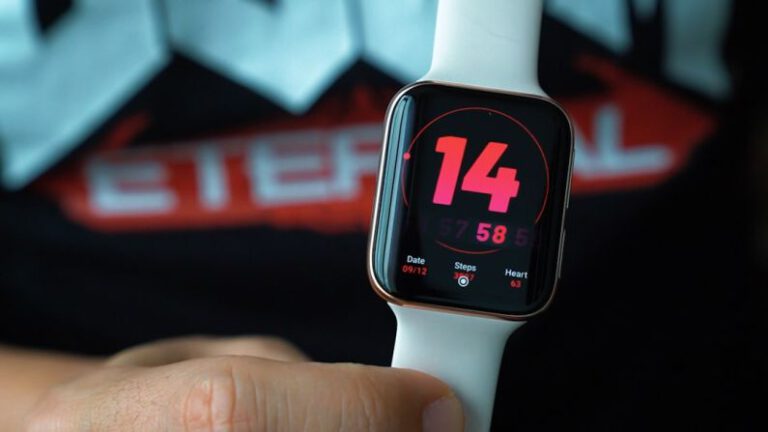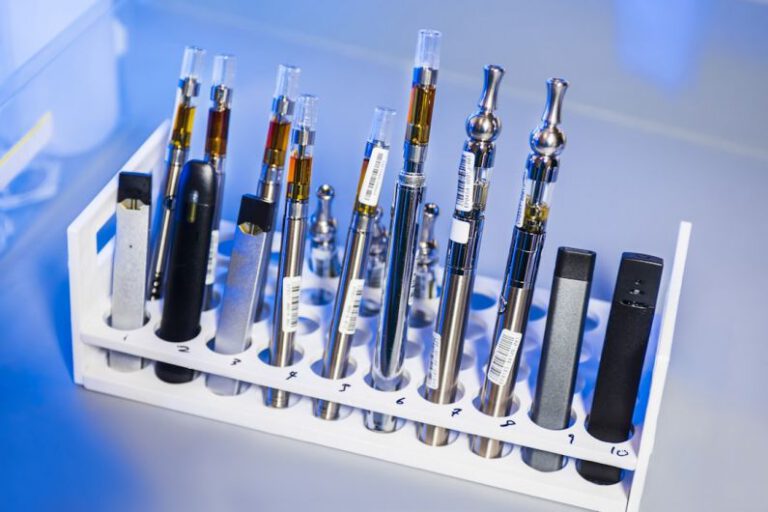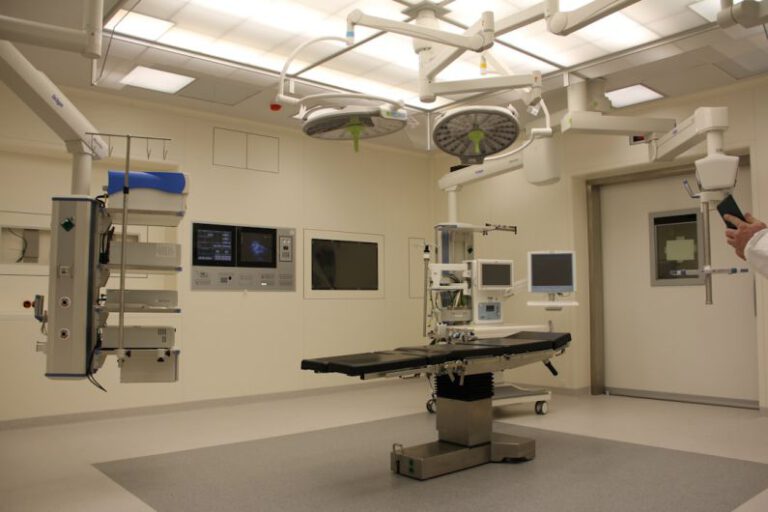Ai in Healthcare: Predicting Illness before it Happens
Advancements in technology have revolutionized the healthcare industry, with artificial intelligence (AI) playing a significant role in predicting illnesses before they manifest. This cutting-edge technology has the potential to transform the way diseases are detected and treated, ultimately improving patient outcomes and reducing healthcare costs. By harnessing the power of AI, healthcare providers can proactively identify health issues at an early stage, allowing for timely interventions and personalized treatment plans.
The Potential of AI in Disease Prediction
AI algorithms have the ability to analyze vast amounts of data, including patient medical records, genetic information, and lifestyle factors, to identify patterns and trends that may indicate the likelihood of developing certain diseases. By leveraging machine learning and predictive analytics, AI can help healthcare providers predict illnesses such as heart disease, cancer, diabetes, and more with a high degree of accuracy.
Early Detection and Prevention
One of the key benefits of AI in healthcare is its ability to facilitate early detection and prevention of diseases. By analyzing a patient’s health data over time, AI can detect subtle changes or abnormalities that may indicate the onset of a particular illness. This early warning system allows healthcare providers to intervene proactively, potentially preventing the disease from progressing to a more advanced stage.
Personalized Medicine
AI enables the practice of personalized medicine, where treatment plans are tailored to individual patients based on their unique genetic makeup, lifestyle, and medical history. By considering a patient’s specific characteristics and risk factors, AI can help healthcare providers design targeted interventions that are more effective and have fewer side effects. This personalized approach not only improves patient outcomes but also reduces the likelihood of adverse reactions to treatment.
Enhanced Diagnosis Accuracy
AI-powered diagnostic tools can significantly improve the accuracy of disease detection. By analyzing medical imaging scans, such as X-rays, MRIs, and CT scans, AI algorithms can identify subtle abnormalities that may be missed by human eyes. This can lead to earlier and more accurate diagnoses, allowing for prompt treatment and better outcomes for patients. Additionally, AI can help reduce the incidence of misdiagnosis, which can have serious consequences for patient health.
Challenges and Ethical Considerations
While AI holds great promise in healthcare, its widespread adoption is not without challenges. Ensuring the privacy and security of patient data is paramount, as AI systems rely on vast amounts of sensitive information to make accurate predictions. Additionally, there are concerns about the potential for bias in AI algorithms, which could lead to disparities in healthcare outcomes among different patient populations. Addressing these challenges will be crucial to realizing the full potential of AI in disease prediction.
The Future of AI in Healthcare
As technology continues to evolve, the role of AI in healthcare is poised to expand even further. Researchers are exploring new applications of AI, such as predictive modeling for infectious diseases, personalized drug discovery, and remote patient monitoring. By harnessing the power of AI, healthcare providers can make more informed decisions, improve patient outcomes, and ultimately transform the way diseases are diagnosed and treated.
In conclusion, the integration of AI in healthcare represents a significant advancement in the field of disease prediction. By leveraging the capabilities of AI algorithms, healthcare providers can identify illnesses at an early stage, personalize treatment plans, enhance diagnostic accuracy, and ultimately improve patient outcomes. While there are challenges and ethical considerations to navigate, the potential benefits of AI in healthcare are vast and hold promise for a healthier future.






